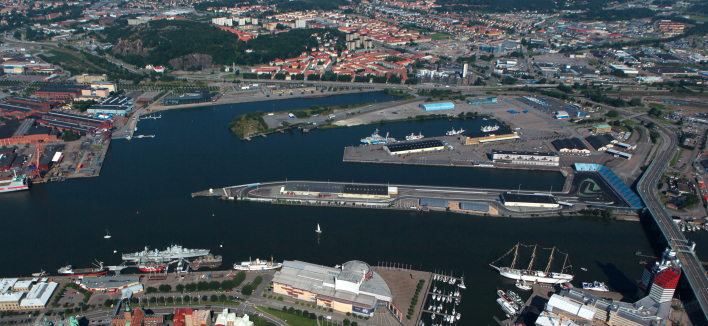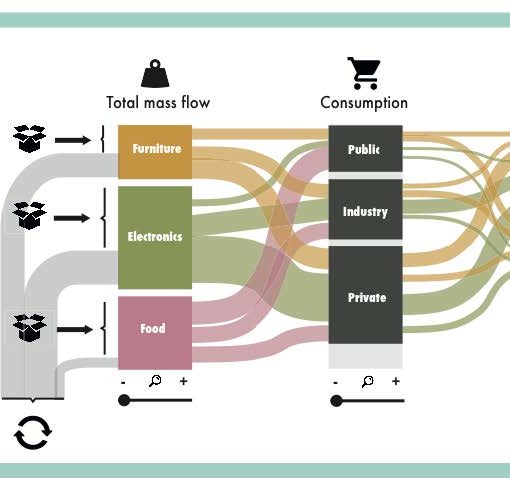District development in Sweden both shapes and is shaped by multiple societal, environmental and economic factors. The role and responsibility of district development projects is therefore important and requires great attention from both The Client and The Suppliers. Multiple researchers point at the need of transitions towards sustainability within the construction industry, as the trends of growing CO2aq concentration, growing construction prices, high percentage of wasteful construction activities and urbanisation require rethinking how cities should be planned and built.
The Master Thesis report aims at analysing Frihamnen district development in Gothenburg, Sweden regarding sustainability goals and implementation processes. Key points of common practice and best practice of sustainable construction in Sweden are used to identify success, challenges and suggestions for Frihamnen district develop.
The Master Thesis is structured in two phases, with phase one defining the research question according to the Challenge Lab framework, and phase two focusing on analysing the findings within Frihamnen. Backcasting is used as the governing methodology for the whole Master Thesis framework, with qualitative interviews and Gap analysis as main methodologies for the empirical research. The conclusion of the thesis raises the need of developing clear, measurable sustainability criteria in Frihamnen as well as agreeing on implementation processes that guarantee sustainable district development.
© TANIA JADAAN, KONSTANTIN MINA, 2015
Full report available here.





